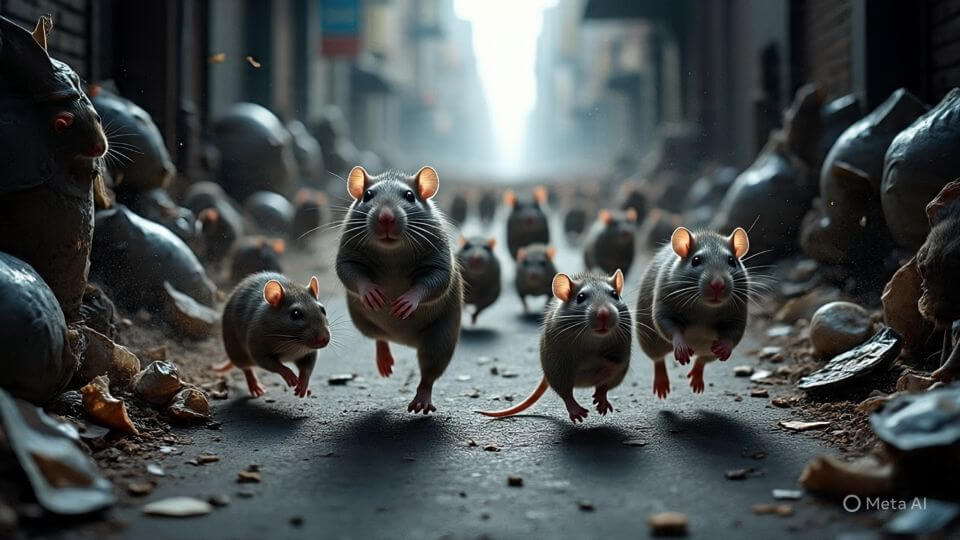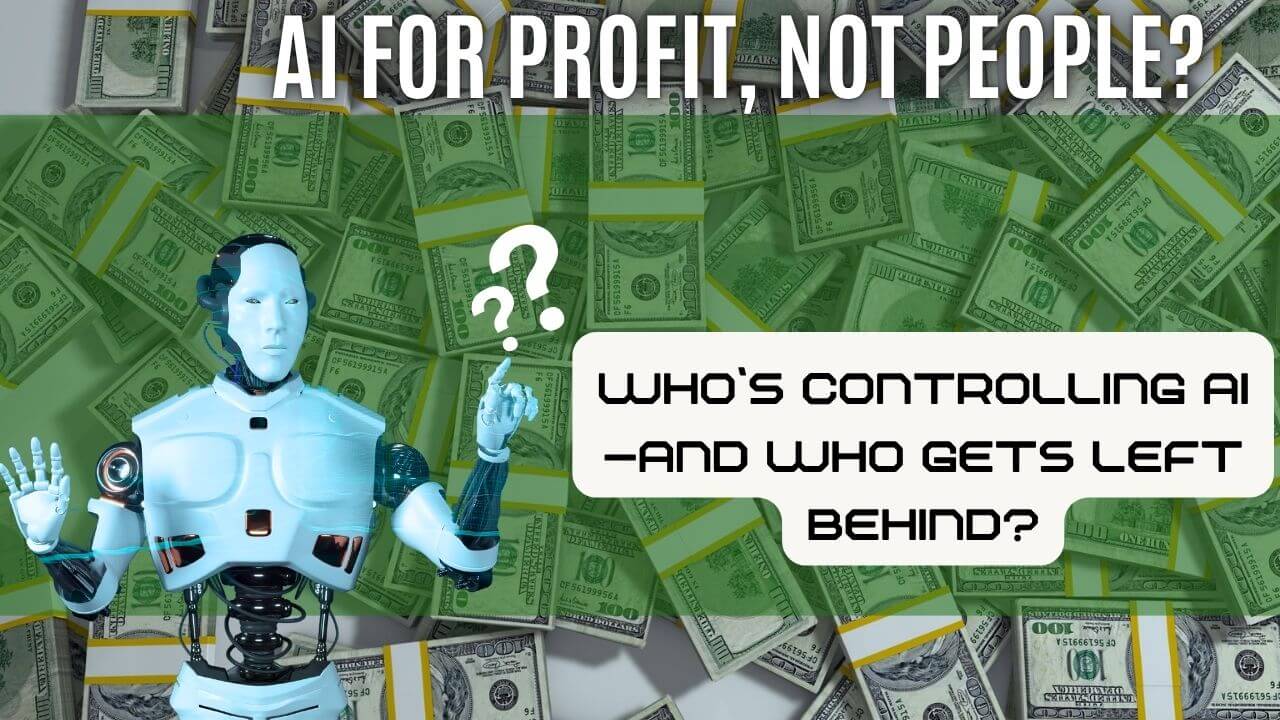You wake up, log in, sort tasks, rearrange emails, approve edits, rewrite AI drafts—and do it all again tomorrow. You’re busy. You’re efficient. You’re… quietly tired. Like you’re stuck arranging keychains in a souvenir shop where nothing ever truly changes.
Burnout in the automation age doesn’t always look like collapse. Sometimes it just feels like sameness. Monotony disguised as productivity. A well-oiled machine with no soul left in the engine.
And if you’re not careful, that hum of busyness starts to echo something much older and harder to escape: the rat race.
🐭 The Souvenir Shop Meets the Rat Race
Souvenir shops are neat. Predictable. Familiar. They give tourists a sense of comfort. But imagine working there forever—polishing items no one really needs, smiling through a script, watching life pass by through a glass door.
That’s the modern work grind for many. Hyper-automated, hyper-efficient—and emotionally empty. You’re not building anything new. You’re rotating inventory. You’re “winning” in the system, but wondering what the prize was supposed to be.
As Lily Tomlin once put it:
“The trouble with the rat race is that even if you win, you’re still a rat.”
🧠 The AI Effect: More Tools, Less Meaning?
AI promised to lighten the load. And in many cases, it has. It writes, calculates, transcribes, and even responds for you. But here’s the paradox:
- Tasks get easier, but work doesn’t feel lighter.
- You “do more in less time”—but no one lets you do less.
- The better the tool, the more we demand from the worker.
Suddenly, you’re managing five AI dashboards, optimizing SEO, prompting images, and rewriting summaries—and somehow, it feels like even more work than before.
🛠️ How to Fix a Job That Feels Like a Gift Shop
1. Stop Optimizing for Busy
Not every tool you use has to be monetized. Not every idea needs a Notion board. Reclaim some chaos. Let your brain play again.
2. Use AI to Restore, Not Just Produce
Let automation handle the repeatable stuff—but don’t feed it the parts that bring you joy. Keep your weird jokes. Keep your punctuation quirks. That’s your signal through the noise.
3. Revisit the “Why” of Your Workflow
If you can’t explain why a task matters—cut, delegate, or automate it. Don’t upgrade a process if the goal doesn’t matter anymore.
4. Break Out of the Loop
Do something unprofitable this week: sketch, record a 1-minute rant, or write a weird blog with no SEO plan. Even rats need an escape hatch.
🐾 Final Thought
Burnout in the AI age doesn’t always come from overwork. Sometimes it comes from undermeaning. So if your job is starting to feel like you’re arranging fridge magnets for a future that never arrives—pause. Step back.
The point isn’t to quit everything. The point is to choose again. Consciously. Creatively. On your terms.
And if the race you’re in makes you feel more like a machine than a human, you might not need more speed. You might just need a different track.







